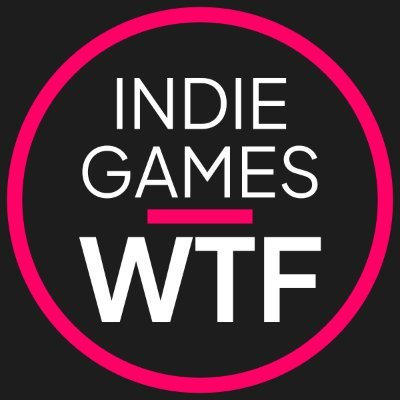"Make small games." Good advice or bad advice? Some people have told me that advice means killing your dream games. Others say it limits creativity. Here's why this advice is actually GREAT, and why I'll keep giving out this advice, especially for new or early-intermediate devs. 🧵👇 #gamedev #IndieDev 1) Small games = faster learning. 🚀 In 2 years, you can make: - 4 small games - Or 1 big game Each small game teaches you something new: design, programming, marketing, and more. Experience compounds faster with smaller projects. You learn a lot more from 4 small projects than one huge one. ESPECIALLY if you are a beginner, you will learn a massive amount by making multiple projects on multiple genres. 2) My journey? I unintentionally followed this advice without knowing and I think it really helped me. I made 40 Flash games in 5 years. Each game was tiny. Each one taught me something new. I made Shooters, Strategy, Tycoons, RPGs, Racing, basically explored everything. That experience was invaluable when I transitioned to making PC games for Steam. 3) Small games aren’t just "Flappy Bird clones" like some people assume. The true secret is experience. With enough experience, you can make complex games in 6 months: My game Dinky Guardians (Factory, Automation, Colony Building, Tower Defense; lots of systems, very complex!) was built in 7 months, thanks to my 15 years of experience as a game dev. Your speed scales with your skills. 4) But what about dream games? Can’t you make big games instead? Sure, but: - Big games = big risk. - More time = higher costs. One big game = one shot at success. Small games reduce risk and increase your chances of finding an idea that works. Nowadays one of the big determining factors for success is the game idea itself. It's NOT content! This is something a lot of people don't realize. If you have a mediocre idea, it won't sell much better if you spend tons of time to make 100 levels as opposed to just 10. More games = more chances for trying more ideas and hopefully one of them hits it big! 5) If your dream game feels too big, try scaling it down: - Is your dream GTA 5? → Smaller map, fewer missions, fewer cars, less content. - Is your dream Skyrim? → Smaller world, fewer quests, fewer weapons/armors. Focus on the core experience as opposed to trying to make massive amounts of content. As an indie dev you can't possibly compete with massive AAA studios with 1000 devs so don't even try. Learn to work to your strengths. You can always expand later with sequels or updates, once you find an idea that resonates with players. 6) THE MOST IMPORTANT QUESTION IN ALL OF THIS! Does this advice apply to you? Ask yourself: - Are you making games for fun? 🎮 If so, then do whatever you love! No wrong answers! Go make yet another Platformer, or go spend 10 years making your own GTA. If you're making games for fun then there are no rules. - Are you making games professionally? 💡 If so, then be strategic. Start small, learn fast, and grow your skills. 7) Small games are about building skills, reducing risk, and increasing your chances of success. They’re not about "killing dreams" or making "Flappy Bird clones", they’re about being smart as an indie game developer. Like I said at the beginning I will continue giving this advice since I truly believe in it. I talked more about this topic in the latest video on my channel. What are YOUR thoughts? Do you prefer big or small games? Do you do it for fun or professionally? Let me know!
@UnityCodeMonkey The best advice a game developer can receive: My personal suggestion is to aim for “bigger” (not... big) games only after releasing at least three small games, where “small” means 1-6 months of development
@UnityCodeMonkey Code monkey always knows whats what. Thank you for all the help whit dots in unity and great advice on gaming.
@UnityCodeMonkey After spending 3 years making my first game I can only think of how I could've spent that time making +6 games instead
@UnityCodeMonkey @IndieGamesWTF Definitely YOLOing this
@UnityCodeMonkey Very thorough and practical advice. I’ve actually been in the camp of “no small games for me, I’m going for gold”. But after developing my current medium-sized game, I will definitely be venturing to smaller titles for a year or two after release. Great post! 👍🏼🎮
@UnityCodeMonkey There are definitely games I want to make in the future that are more complex, but for a first game I also thought it'd be best to stick to something simpler while I'm still learning!
@UnityCodeMonkey Smaller games do give the options to experiment with unexpected game mechanics and concepts, the only bad side that i can think of is that small games usually don't get that much attention (not like big ones don't get either).
@UnityCodeMonkey Enjoyed the video, thanks! Was debating a third person action adventure story based on a graphic novel I’m writing, but always felt like I’d be competing with triple A. Mine wouldnt need to be that big though, and still could see it being a valuable small adventure for gamers.









